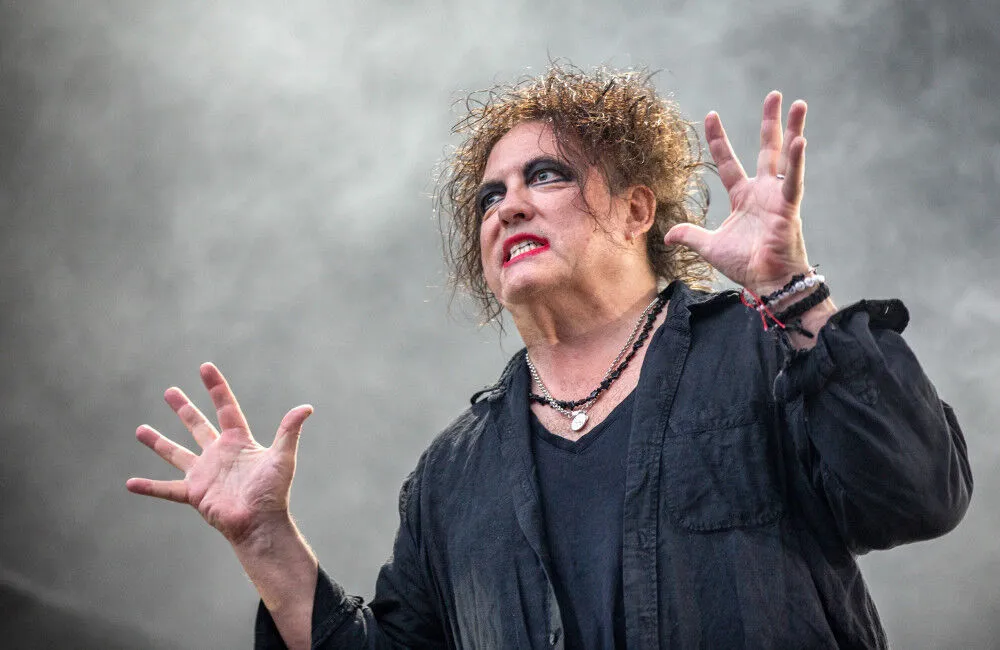Post-punk outperformed its coarse and raucous progenitor in terms of immersive delight and creative durability. Depending on whoever you ask, there is a hazy and ambiguous boundary between the two. The change is best exemplified for me by bands like Magazine, The Cure, and Joy Division. These bands all started out with a raw punk sound and grew to accommodate more intricate arrangements and a wider musical range, taking into account Howard Devoto’s beginnings in Buzzcocks.
Alongside Sex Pistols, The Clash, and The Damned, The Stranglers were largely regarded as an indispensable force in British punk. However, they were an exception. The Stranglers had been active since 1974 and, because to a fondness for prog-rock and catchy songs, didn’t necessarily identify themselves as a punk band, even though they made their debut album during the height of punk.
“None of us truly were punks. However, it was a chance. Who cares how they refer to us? Hugh Cornwell, the vocalist for The Stranglers, said in a recent interview with Classic Rock that “this is our chance to get in through the door.” He continued, “The necessity of adopting a pose appealed to our provocative nature.”
If the group wasn’t “really punk,” it was undoubtedly one of the very few that could lay claim to have been both proto and post-punk. It turns out that The Stranglers had a significant impact on The Clash and Sex Pistols. According to Cornwell, “Steve Jones and Paul Cook used to come to all the shows and ask questions about how we did things.”
Another early Stranglers admirer was John Mellor, an aspiring singer for the pub rock group 101ers. Cornwell looked back, “He was in tears backstage after one gig. He said, ‘I want a band like yours’. The following week he changed his name to Joe Strummer and was in The Clash.”
The first albums of The Stranglers, The Sex Pistols, and The Clash were all released in 1977. However, The Stranglers introduced a more distinctive and virtuoso sound that, like Television’s 1977 album Marquee Moon, opened the path for post-punk. Each had their own qualities and distinctive personality.
The Stranglers joined the post-punk movement with synthesized sounds and, of course, their baroque-pop classic, “Golden Brown” during the course of the following five years, while Sex Pistols disbanded, The Clash followed reggae and new wave tendencies.
Robert Smith, the lead singer of The Cure, rose to fame throughout these five years as well. The group started out with a sound that was appropriate for the era because it had been founded during the height of punk. Their preferences, however, were more akin to the earlier, more complex rock bands like Thin Lizzy and Jimi Hendrix.
Therefore, it was easy to assume that Robert Smith preferred The Stranglers’ darker, more complex stuff. Fortunately, we need not assume because Smith acknowledged The Stranglers as his preferred punk group in a 1996 interview with Guitar World.
Smith said, “I mean, I really liked The Sex Pistols, They were brilliant at parties. And The Clash were awesome live. But The Stranglers were my favourite punk band, even though you knew they were old and just pretending a lot of the time.”

